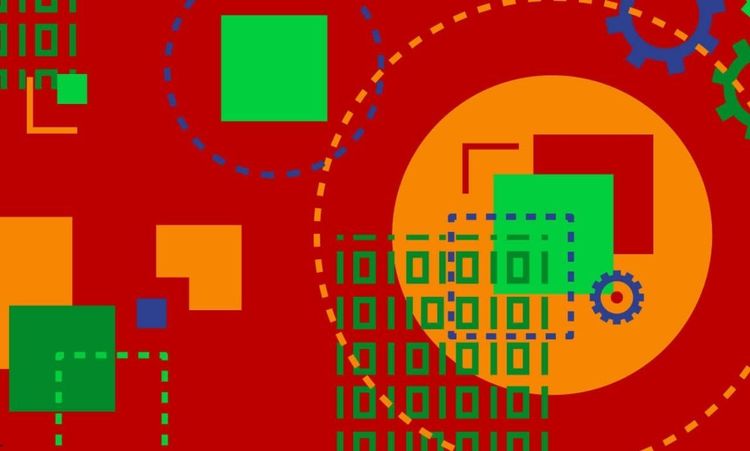Discover Knowledge
Explore our articles and find exactly what you're looking for
Popular articles
Explore our most-read articles, hand-picked by our community of developers and tech enthusiasts.
Want to explore more?
Discover our complete collection of articles, covering everything from technical deep-dives to industry insights.
Latest in Tech Gadgets & Smart Devices
Trending in Cybersecurity & Data Privacy
Popular in Software & Applications
Latest from our blog
Discover our latest insights, updates, and expert perspectives on technology, development, and industry trends.






















